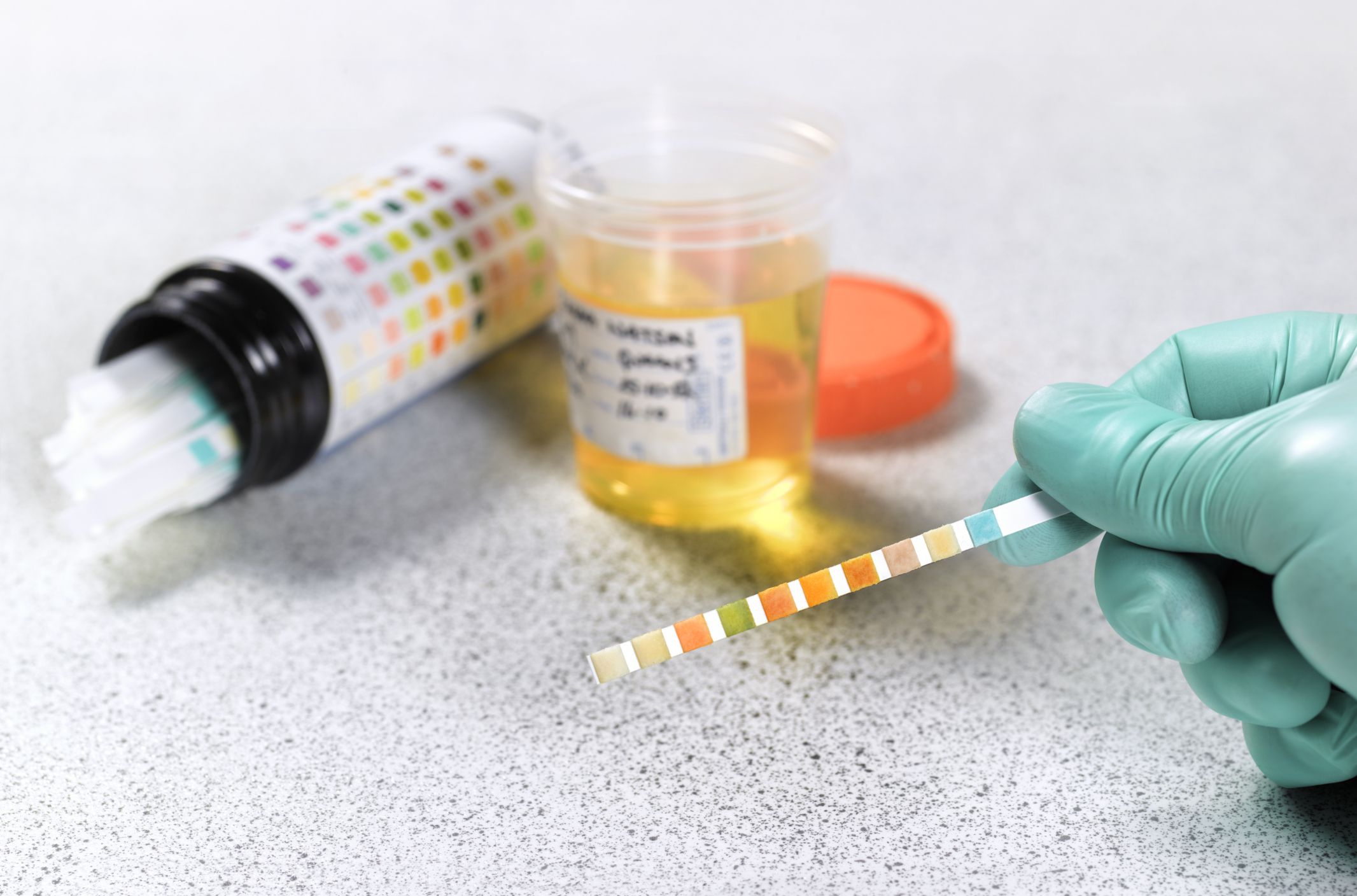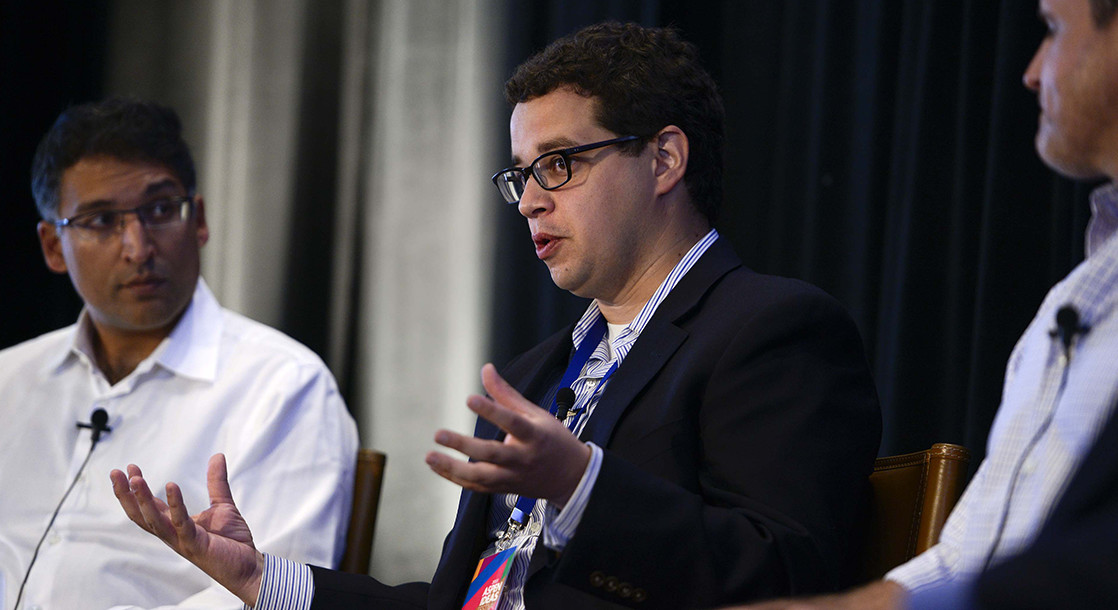Image via
Michigan lawmakers are drafting new legislation to ban fake urine and other drug masking products commonly used to pass employment drug tests.
The Great Lake state legalized cannabis via a ballot measure in 2018, making it legal for any adult Michigander to smoke as much weed as they want. Unfortunately, the adult-use law does not include workplace protections for people who choose to do so. Most large local employers, like Ford and General Motors, still test their employees for cannabis regularly, and state employees must also submit to drug tests. The state Cannabis Regulatory Agency even requires all potential hires to pass a pre-employment THC test.
Standard urinalysis tests can determine whether a person is drunk or high on meth or other drugs at the time of the test, but this same accuracy does not apply to weed. Because cannabis metabolites can remain in the body for months, a drug test can only prove that a person has used THC somewhat recently. So, an employee could show up stone-cold sober for work, get forced to take a random drug test, and then get fired because they used medical marijuana three weeks ago.
With no workplace protections in place, some workers are using fake urine to help them beat piss tests. These products, including UPass, Synthetix5 and Quick Fix, use creatine, uric acid, and other chemicals to create liquids that are visually and chemically indistinguishable from actual urine. The products come in convenient bottles that can be strapped to a thigh or hidden in a pocket, and include warming packs that can heat the fake pee up to the necessary temperature.
Many adult-use states avoid the necessity of fake urine by actually protecting people who want to legally use cannabis. New York, Nevada, Oklahoma, Maine, and other states have banned employers from testing employees or prospective hires for medical or recreational cannabis use, and cities like Washington DC and Philadelphia have passed similar laws.
But instead of protecting their constituents’ legal rights, Michigan lawmakers are trying to draft new prohibition laws to crack down on fake piss. State Senators have advanced legislation that would punish anyone who distributes, delivers, or sells any drug masking product with a $1,000 fine and up to a year in prison. If these products are being sold commercially for profit, the crime becomes a felony punishable by up to five years in prison.
State officials are making no moves to relax their THC testing requirements, but several major private businesses, including shopping megacorp Amazon, have stopped testing most employees for pot. Some Michigan employers are reportedly making similar changes to their workplace drug policies, but are not being quite so vocal about it.
“I’m hearing from employers that a lot of them are being more careful about what they’re testing for,” said Stacy Hickox, associate professor at the school of Human Resources and Labor Relations at Michigan State University, to MLive. “They may test for prescriptions and other controlled substances but sometimes just exclude marijuana so they don’t get a report back on that particular substance.”
“A lot of them don’t really want to publicize it, if they are changing their policy,” she added. “Possibly they don’t want to be seen as attracting people that are marijuana users, even [though] they’d be willing to accept someone.”
Even if some companies are relaxing their own THC testing requirements, federal law still requires all truck and heavy vehicle operators to permanently abstain from cannabis. In the first three months of 2022, more than 10,000 truck drivers were disciplined after testing positive for THC. Many of these truckers are now blacklisted from working in the industry, contributing to a truck driver shortage that is worsening the country’s already problematic supply chain issues.











